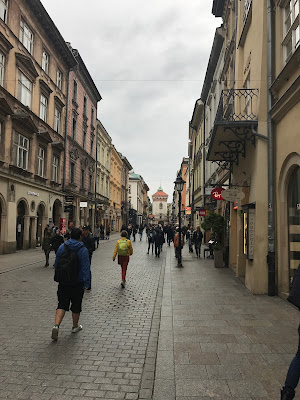Collapse of Eastern European communisms

An earlier post commented on Tony Judt's magnificent book Postwar: A History of Europe Since 1945 . There I focused on the story he tells of the brutality of the creation of Communist Party dictatorships across Eastern Europe ( link ). Equally fascinating is his narrative of the abrupt collapse of those states in 1989. In short order the world witnessed the collapse of communism in Poland (June 1989), East Germany (November 1989), Czechoslovakia (November 1989), Bulgaria (November 1989), Romania (December 1989), Hungary (March 1990), and the USSR (December 1991). Most of this narrative occurs in chapter 19. The sudden collapse of multiple Communist states in a period of roughly a year requires explanation. These were not sham states; they had formidable forces of repression and control; and there were few avenues of public protest available to opponents of the regimes. So their collapse is worth of careful assessment. There seem to be several crucial ingredients in the sudden colla...




